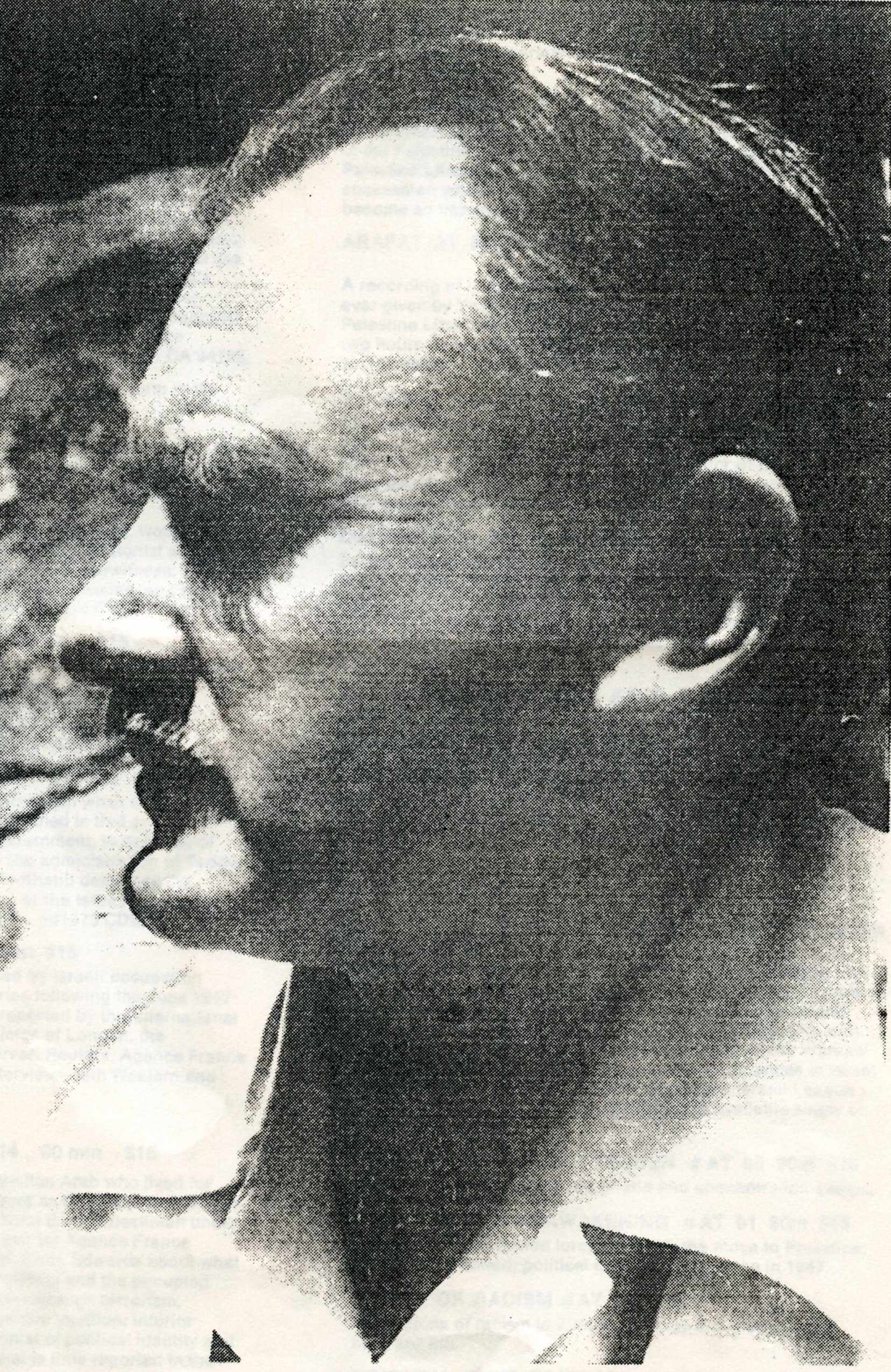Independent Collections
These collections were produced by independent journalists. Many of these recordings make up the bulk of the original collection of the Freedom Archives.
Subcollections
-
Colin Edwards Collection
Materials representing the life-work and journalism of a Welsh radio correspondent and journalist who worked for Pacifica stations, the BBC and many other broadcasters. -
Colin Edwards Free Speech Movement
This collection is produced by journalist Colin Edwards and represent a comprehensive account of the Free Speech Movement and its effect on the political climate of UC Berkeley. -
Programs produced by Kiilu Nyasha
Kiilu Nyasha is a revolutionary journalist and former member of the Black Panther Party. Kiilu still hosts Freedom Is A Constant Struggle, which now appears as a TV program. -
“Nothing is More Precious Than…” a news magazine including music and poetry
KPFA weekly news program running from 1973-1976 featuring in-depth coverage of liberation struggles around the world. -
“The Real Dragon” a news magazine including music and poetry
Real Dragon was a radio program broadcast on KPFA from 1971-1973. This news show focused on issues of national liberation, political prisoners, Vietnam and other major national and international topics.
Documents
2 Documents Found
Date: 9/27/1971Call Number: CE 490Format: Cass A & BProducers: Colin EdwardsCollection: Colin Edwards Collection
Lou Simon, Mike Powers, and Jerry Condon, members of the American Deserter Committee (ADC), each discuss their decision to flee from serving in Vietnam War, how they came to make the decision, and how they feel about the decision based on their present life in Sweden. Before deserting, Simon went through basic training, Condon went to university for a year, studying to be a special forces medic, and Powers was socially active, and never registered for the draft. Each gives their philosophy and moral viewpoint and how it’s developed. Topics discussed: The effects of Communism, the Japanese antiwar movement, Sweden’s policies on deserters, the Springfield 3, political persecution in the US, international law, and housing programs for deserters.
Cuts out (only seconds of time) not particularly bothersome or detrimental to the coherence of the material.
Date: 9/27/1971Call Number: CE 491Format: Cass A & BProducers: Colin EdwardsCollection: Colin Edwards Collection
Side A: Steve Wentworth refused induction and deserted to Sweden. Discusses how and why, and what it was like once he arrived. Topics include: distinction between draft resistors and those who left the armed forces, language barriers, aid to deserters, Swedish student anti-war demonstrations, Sweden’s recognition of NLF, drugs linked to American deserters, and how deserters are perceived as a strain on Swedish/American business relations.
Cuts in/out a bit.
Side B: Continuation of CE 490: American Deserter Committee: An Interview with Three American Deserters of War - Lou Simon, Mike Powers, and Jerry Condon. Topics include: US isolated due to Vietnam, popularity of George Jackson, European sympathies to deserters, how deserters are treated in various countries, relationships with family after desertion, history of American Deserters Committee, which represents a refusal to take part in atrocity.
2 Documents Found






